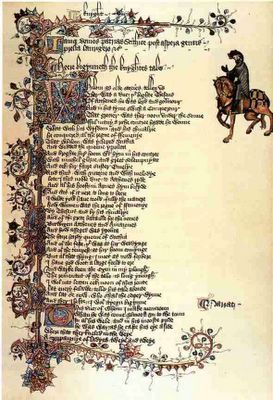
With their astonishing diversity of tone and subject-matter, The Canterbury Tales have become one of the touchstones of medieval literature. The tales are told by a motley crowd of pilgrims as they journey for five days from Southwark to Canterbury. Drawn from all levels of society and all walks of life (from knight to nun, miller to monk), the pilgrims reveal a picture of English life in the fourteenth century that is as robust as it is representative.
Rendered with consummate skill and sensitivity into modern English verse by Neville Coghill, The Canterbury Tales (which Geoffrey Chaucer began in 1386 and never completed) retain all their vigour, their humour and indeed their poetry.
Neville Coghill did a great service to Chaucer in making his work live for many people who would not otherwise have been able to appreciate it. C S Lewis thought it masterly, and was very pleased that his friend's labour had brought the ancient text to modern eyes whilst retaining it's basic character.
A Postscript
Professor Coghill used to appear on request before various groups to read from his Chaucer translations, and, on one occasion which he cherished long after, a lady came up afterwards and said, "That was wonderful. Thank you so much. We are so sorry that Mrs. Chaucer was unable to come with you."




No comments:
Post a Comment